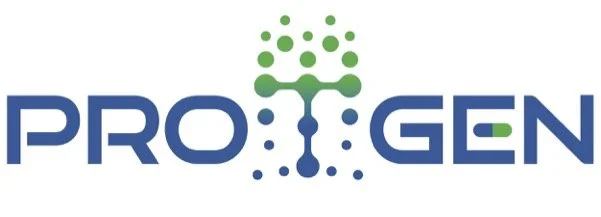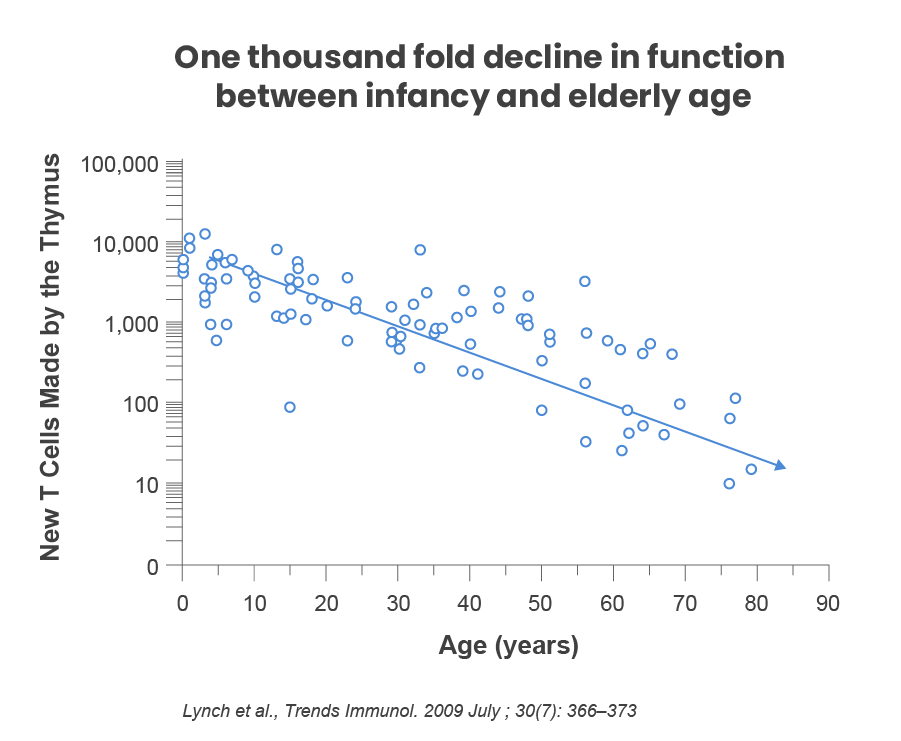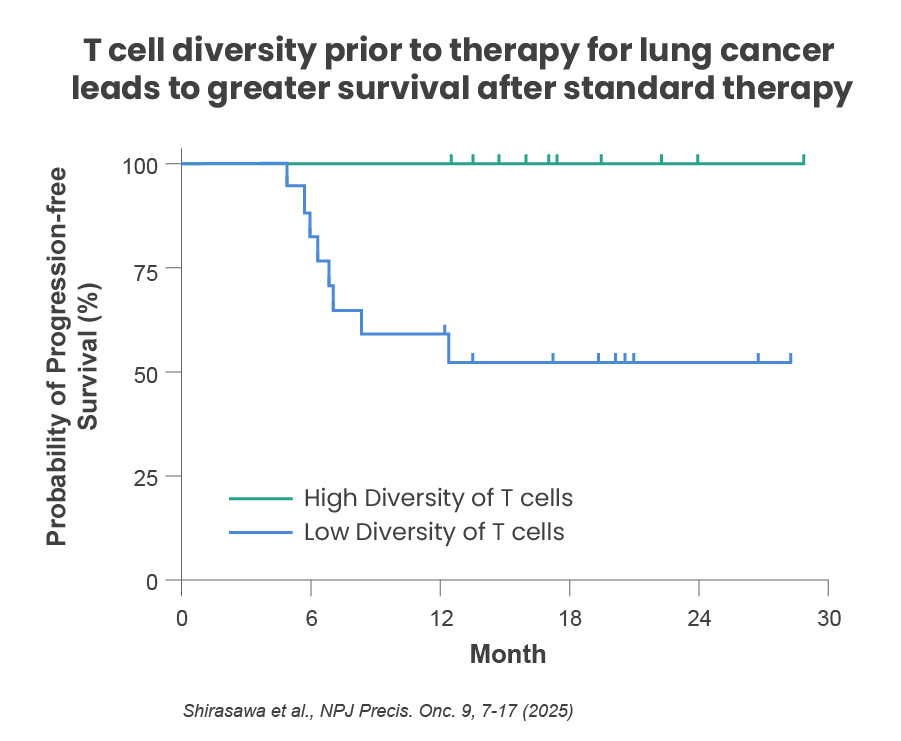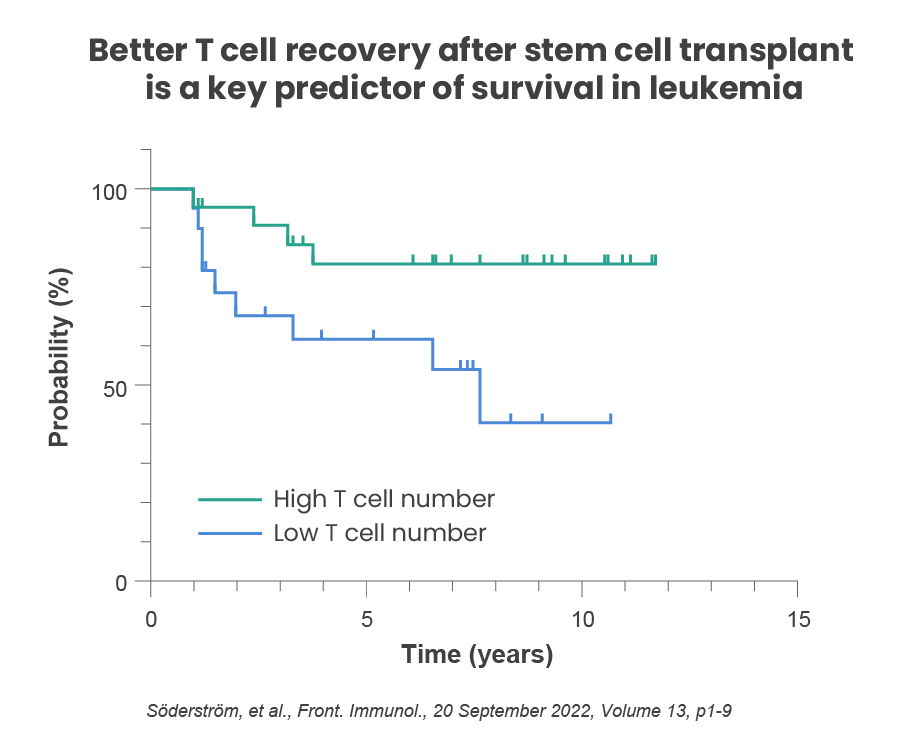Overview
The Problem
Cancer treatments (chemo, radiation, HSCT transplant) impair immune recovery
Incomplete immune recovery weakens therapy efficacy and leaves patients vulnerable to relapse, infections
The Solution
Novel platform generates progenitor T (ProT) cells to restore immune function to treat cancer and beyond.
Off-the-shelf scalability
Cost efficiency vs. CAR-T
Potential for broad use
Clinical Strategy
Allo HSCT → solid tumors → universal iPSC
Near-term milestones derisk the platform
FIH trials expected in 2027
Thymic function declines with age and cancer therapy

T cell diversity strongly predicts cancer outcomes
A broad T cell repertoire at the start of cancer therapy substantially improves overall survival by 50% and lowers relapse and opportunistic infections thereafter.
ProT cells are precursors that generate diverse T cells
Notch signaling is key to T cell development

ProTgen has developed soluble Notch signaling reagents to generate ProT cells at scale
ProT Cell Attributes
Well-defined, home to the thymus.
Pre TCR rearrangement, educated by recipient thymus (no GvHD).
Expand ex-vivo.
Allogeneic or Autologous options.
iPSC-derived will be editable, producible at large scale, off-the shelf cell therapy.



